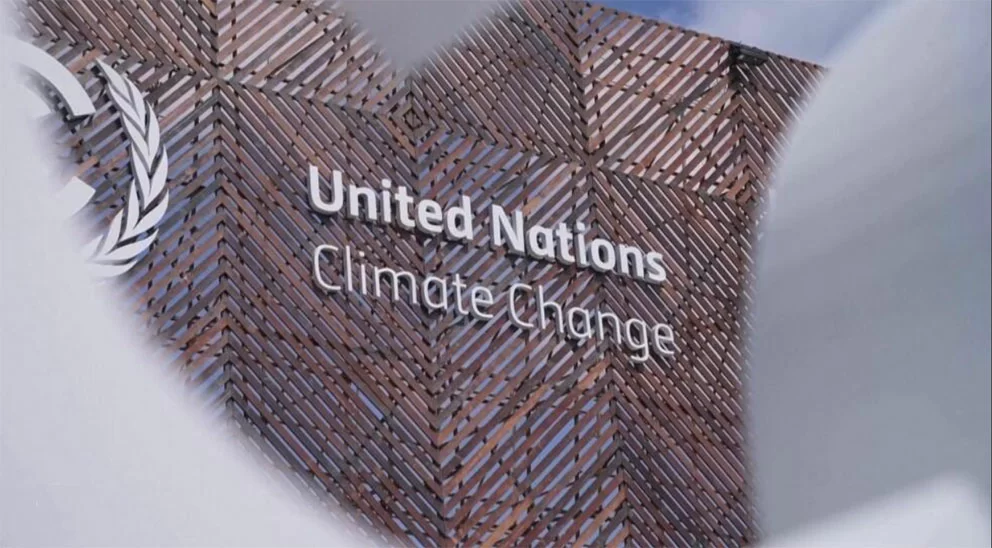World leaders, activists, experts, and delegates from across the globe have converged in Belem, Brazil, for the 30th United Nations Climate Change Conference, known as COP30. Nestled at the gateway to the Amazon rainforest, Belem serves as a symbolic backdrop for discussions aimed at addressing the escalating impacts of human-induced climate change. The primary goal of the summit is to foster international collaboration to mitigate the worst effects of global warming, though many experts warn that time is running out to achieve meaningful progress. Climate change is already triggering life-threatening disasters worldwide, and delaying action will only exacerbate the crisis. This year’s conference emphasizes the critical role of indigenous communities, sustainable land management, and the preservation of vital ecosystems like the Amazon rainforest, often referred to as the ‘lungs of the Earth.’ Brazil has introduced the Tropical Forests Forever Facility, a financial incentive program to protect forests, though its success hinges on sufficient funding from global leaders. Logistical challenges, including housing thousands of attendees in a city with limited infrastructure, have added complexity to the event. Despite these hurdles, the Brazilian government insists on hosting the summit in Belem to highlight the vulnerability of poorer communities to climate-induced disasters. A decade after the landmark Paris Agreement, global temperatures have risen by approximately 0.46 degrees Celsius, pushing the world closer to breaching the 1.5-degree threshold. While renewable energy has become more affordable than fossil fuels, many nations, including the United States, have failed to submit updated climate action plans. Experts criticize the lack of ambition in existing commitments, warning that current efforts fall short of what is needed to avert catastrophic outcomes. Unlike previous COP summits, COP30 is not expected to yield a groundbreaking agreement but is instead framed as an ‘implementation COP,’ focusing on translating existing pledges into actionable measures. However, skepticism remains, with some officials, like Panama’s Environment Minister Juan Carlos Navarro, dismissing such gatherings as bureaucratic exercises with minimal impact. As the world watches, the stakes for COP30 could not be higher, with the future of the planet hanging in the balance.
